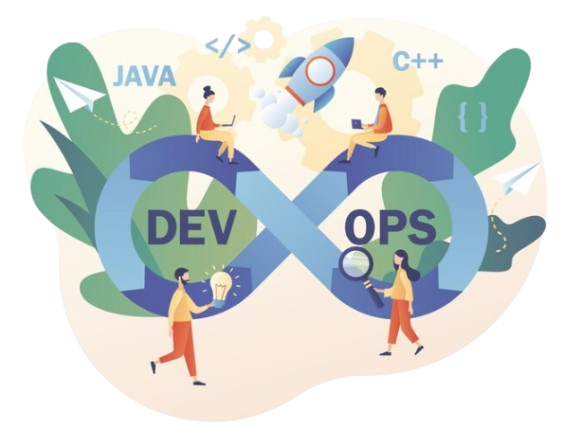Chaos Engineering is a transformative approach that empowers DevOps teams to proactively address system weaknesses and enhance overall resilience. Organizations can build robust systems capable of withstanding unexpected events by simulating real-world failures and learning from the results.
In the fast-paced world of DevOps, ensuring the reliability and resilience of systems is paramount. However, traditional testing methods often fail to simulate real-world conditions and uncover potential weaknesses. This is where Chaos Engineering comes into play. By intentionally injecting faults and disruptions into a system, this Engineering helps teams prepare for the unexpected, ensuring their applications can withstand and recover from failures. In this blog post, we’ll explore the principles and benefits of Chaos Engineering and how it revolutionizes the way we approach system reliability in DevOps.
Understanding Chaos Engineering
Chaos Engineering is a discipline that focuses on improving system resilience by deliberately introducing controlled failures and observing how the system responds. The goal is to identify and address weaknesses before they lead to significant outages or disruptions in production. This proactive approach to failure testing allows organizations to build robust systems that can handle unexpected events with minimal impact.

The Need for Chaos Engineering
1. Uncovering Hidden Issues
Despite rigorous testing, many systems harbor hidden issues that only surface under specific conditions or high loads. This Engineering exposes these vulnerabilities by creating scenarios that mimic real-world failures, helping teams identify and fix problems before they escalate.
2. Enhancing System Resilience
By regularly practicing this Engineering, teams can build more resilient systems. Understanding how a system behaves under stress and failure conditions enables teams to implement safeguards and failover mechanisms, ensuring the system can recover quickly and maintain service continuity.
3. Fostering a Culture of Reliability
It encourages a culture of reliability within DevOps teams. By embracing failure as an opportunity to learn and improve, organizations can foster a proactive mindset that prioritizes system stability and continuous improvement.
Key Principles of Chaos Engineering
1. Start Small
Begin with small, controlled experiments that introduce minor failures into the system. This allows teams to observe the impact and make incremental improvements without causing significant disruptions.
2. Define Steady State
Establish a baseline for what normal system behavior looks like. This steady state serves as a reference point for measuring the impact of introduced failures and determining whether the system can return to normalcy.
3. Hypothesize and Experiment
Formulate hypotheses about how the system will respond to specific failures and design experiments to test these assumptions. This scientific approach ensures that Chaos Engineering is methodical and data-driven.
4. Automate Experiments
Incorporate this Engineering into automated testing frameworks and CI/CD pipelines. This enables continuous validation of system resilience and ensures that new code changes do not introduce unforeseen vulnerabilities.
5. Monitor and Analyze
Implement robust monitoring and observability tools to track system behavior during chaos experiments. Analyzing the results helps teams understand the impact of failures and make informed decisions about improving system resilience.
Conclusion
Chaos Engineering is a transformative approach that empowers DevOps teams to proactively address system weaknesses and enhance overall resilience. Organizations can build robust systems capable of withstanding unexpected events by simulating real-world failures and learning from the results.
At Tanbits, we offer DevOps services that incorporate Chaos Engineering practices to ensure your systems are prepared for the unexpected.
Embracing Chaos Engineering not only strengthens system reliability but also fosters a culture of continuous improvement and innovation. As organizations strive to deliver seamless and reliable digital experiences, Chaos Engineering stands out as a critical practice in the DevOps toolkit, helping teams navigate the complexities of modern software systems with confidence.
BACK










